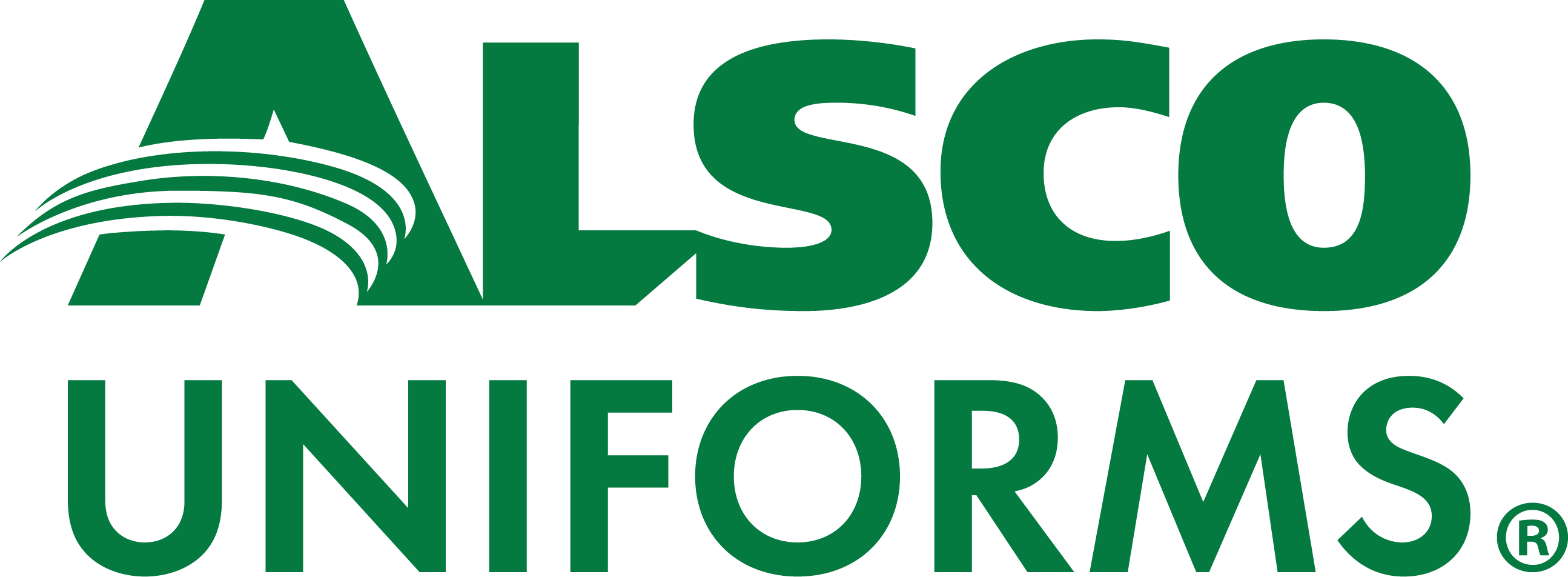
Flooring is especially important in warehouse settings, where some of the heaviest employee and machine traffic occurs. Standard concrete, while cheap, is a poor option for areas with the heaviest traffic. Polished concrete, epoxy concrete and similar flooring options are best for most warehouses.
What Are Common Warehouse Flooring Options?
While there are various options to floor a warehouse, four of the most common include:
Standard Concrete (Dangerous)
Standard concrete may be a cheap flooring solution, but it isn’t safe. Concrete easily absorbs liquid spills, causing its surface properties to change. This can lead to unsightly stains and also potentially more dangerous interactions, like soaking the floor with a chemical that isn’t easily identified. Additionally, concrete isn’t as durable as is assumed, often cracking under the daily wear of warehouse activity.
Polished Concrete (Standard)
Many experts view polished concrete as the standard material for flooring a warehouse. It’s easier to clean, more durable than standard concrete and generally viewed as much nicer-looking.
It will be prone to wear and any polished surface that is cracked will expose the unpolished material underneath. Still, it isn’t so unsafe that it doesn’t have a place in a warehouse. Instead, a company may want to use different flooring for higher-traffic areas.
Epoxy Concrete (Safe)
While it requires a bit more maintenance than polished concrete, epoxy concrete is a good option for surfaces with heavier traffic. Epoxy concrete is generally resistant to spills and is easier to clean than polished or standard concrete. Another benefit of epoxy concrete is that it is highly customizable.
Urethane Cement (Safe)
Urethane cement is designed to protect against chemicals, abrasions, impacts and thermal shock. Whether it’s safer than epoxy concrete is debatable, but it’s another excellent option for high-traffic areas. It’s also easier to maintain than epoxy concrete.
Important Considerations When Choosing Warehouse Flooring
When choosing a flooring option, some important considerations include the following:
Cost
One consideration when choosing a flooring option is cost. The cheapest option can be tempting, but this can lead to employee injury and may ultimately cost more overall. When looking at an option’s cost, remember the concept of return on investment.
Grip
A warehouse floor needs to provide proper traction for shoes, wheeled equipment and vehicles crossing the space. Improper grip can be dangerous in a warehouse, especially if an employee falls into a shelf or a large vehicle suddenly shifts unexpectedly.
Durability
As discussed earlier, this is the major weakness of many cheaper flooring options. You’re likely to have to replace the floor multiple times in the same span of time that a hardier flooring option would have lasted. Keeping your warehouse floor clean extends the longevity of your investment.
Maintenance Requirements
Similar to a floor’s durability are its maintenance requirements. Some floor types require more maintenance than others to keep them in good condition. Ignoring this maintenance is unwise because it’s likely to cause the floor to wear faster than expected.
Absorption
Different materials absorb or repel liquids to differing degrees. This is part of why materials like epoxy and urethane are so popular; they don’t readily absorb liquid, so they reduce the risk of liquids compromising the floor.
People often mistakenly believe that harder surfaces don’t absorb liquid because we associate absorption with soft surfaces like carpeting. In reality, liquid can eventually soak even into hard surfaces if one chooses the wrong material, which can be a major issue if the liquid freezes or is a harsh chemical.
Ideal Warehouse Flooring
The ideal warehouse flooring option for your business will depend on the type of traffic the floor is likely to see and your budget. As a general rule, avoid standard concrete regardless of the lower cost. Polished concrete isn’t unsafe, but it can’t handle all types of traffic. Epoxy, urethane or similar types of flooring are best for heavy-traffic areas.
We also recommend reading about some of the cleaning supplies that can keep a commercial space hygienic and fully operational. If you’d like help keeping your warehouse clean and ready for operation, check out the services and products Alsco Uniforms offers, including our anti-fatigue mats. With our facility maintenance services, we can manage your cleaning supplies inventory, ensuring you always have the right tools and products on hand.
References
Floor Materials for Food and Beverage Facilities. County of Santa Clara, Department of Environmental Health, Consumer Protection Division.
